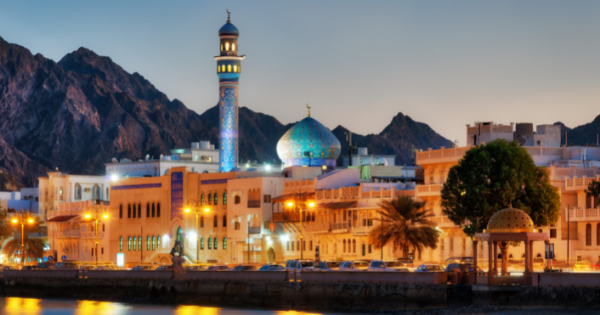
Find out how Asia Outbound can introduce you to new intermediaries for your project or services.
Oman will begin issuing long-term residency to foreign investors, the government said Wednesday as authorities attempt to shore up the Gulf nation's flagging economy.
Depressed demand for oil and the coronavirus pandemic has hit the sultanate's finances hard, pushing leaders to seek alternative sources of hard currency.
Foreign investors and retirees will be granted the right to long stays in the country under the scheme starting in September, the Ministry of Commerce, Industry, and Investment Promotion said in a statement.
"The residency period is for a renewable period of five or 10 years," it said, without specifying the required level of investment.
Oman has seen rare protests over high unemployment and layoffs in recent months, developments the labor ministry said it was watching with "great concern".
Since 2014, the oil-rich Gulf region has been hit hard by falling crude revenues.
The coronavirus pandemic has both compounded the pressure on oil prices and hampered efforts to jumpstart the economy in Oman, with 254,656 cases and 2,816 deaths reported since the beginning of the crisis.
The World Bank warned in October that "the drop in oil prices and COVID-19 are placing unprecedented strain on Oman’s economy".
That has pushed it and other Gulf Cooperation Council (GCC) states to step up efforts to create jobs for their own citizens, in a region that has long relied heavily on cheap foreign labor.
Other Gulf nations have also unveiled "residency through investment" schemes.
They include Qatar, which grants temporary residency to those investing $200,000 in property in the tiny gas-rich nation.
Property purchases worth $1 million or more buy permanent residency.
Dubai offers a 10-year residency visa for an investment of $2.7 million, 40 percent of which must be in the property.
